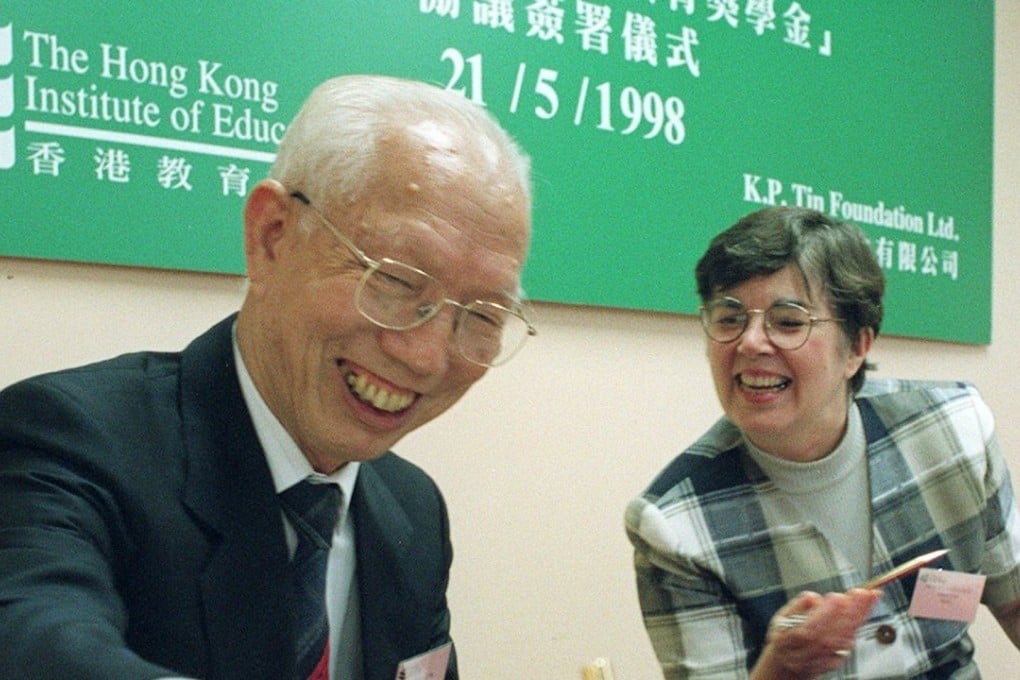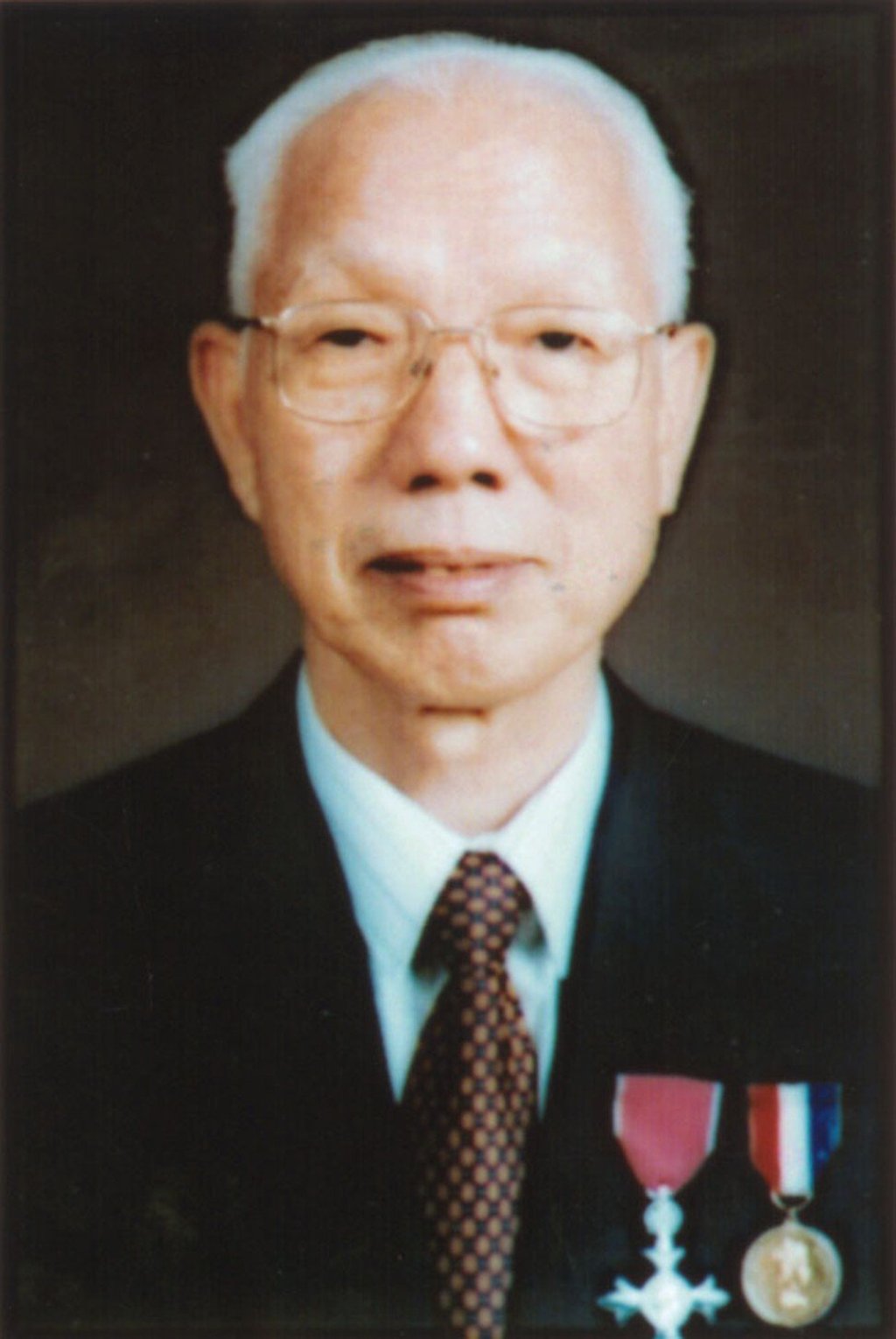Hong Kong mourns as Tin Ka-ping ‘a great educator’ and philanthropist who donated his fortune to help others dies aged 99
From humble beginnings on the mainland, businessman became a philanthropist who donated billions of dollars in support of education, culture and social welfare

Respected Hong Kong entrepreneur and philanthropist Tin Ka-ping has died. He was 99.
Tin Ka Ping Foundation, a charity founded by Tin, announced the news on its official website on Tuesday.
The message said Tin “passed away peacefully” but did not give a cause of death.
Hong Kong Chief Executive Carrie Lam Cheng Yuet-ngor expressed her “deep sorrow” at Tin’s death, and hailed his contribution to the promotion of education, culture, medical and social welfare in Hong Kong and the mainland.
“On behalf of the Hong Kong special administrative region, I would like to extend my deepest condolences to his family,” Lam said.

To many Hong Kong people, the Tin Ka-ping name is synonymous with philanthropy, especially in the arena of education. Former lawmaker and former head of the Professional Teachers Union, Cheung Man-kwong, who represented the education sector, once described Tin as “a great educator”, although he did not come from the sector.